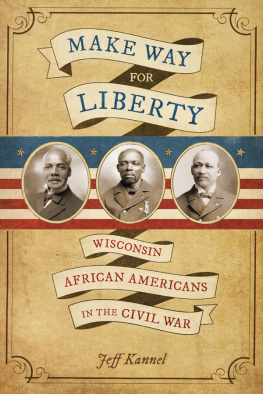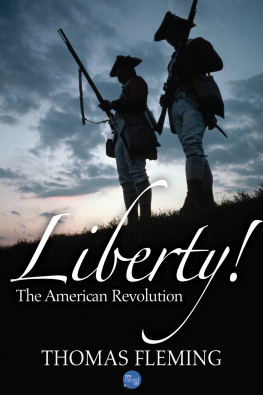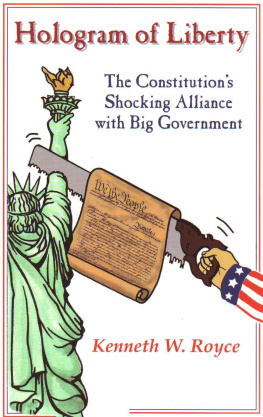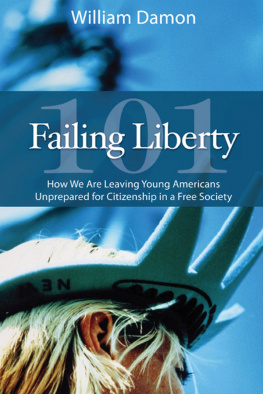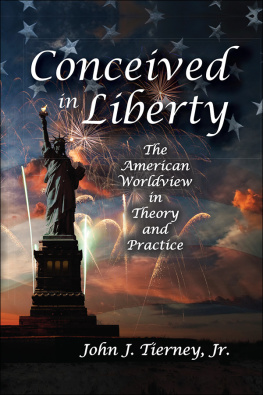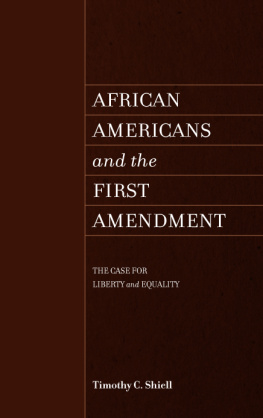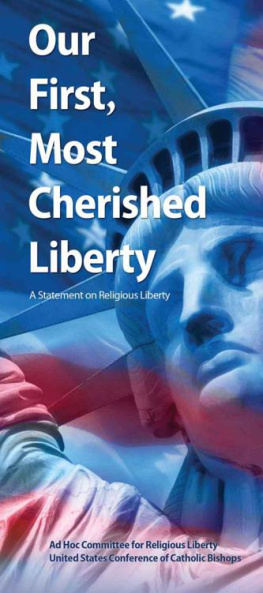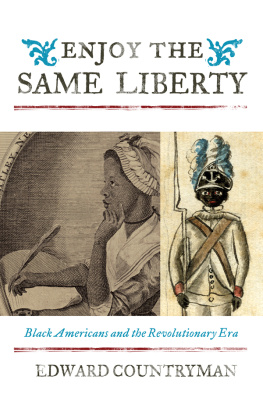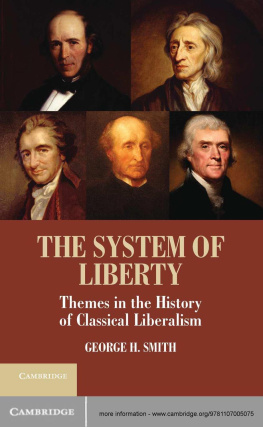Thank you for buying this ebook, published by NYU Press.
Sign up for our e-newsletters to receive information about forthcoming books, special discounts, and more!
Sign Up!
About NYU Press
A publisher of original scholarship since its founding in 1916, New York University Press Produces more than 100 new books each year, with a backlist of 3,000 titles in print. Working across the humanities and social sciences, NYU Press has award-winning lists in sociology, law, cultural and American studies, religion, American history, anthropology, politics, criminology, media and communication, literary studies, and psychology.
Punishment, Prisons, and Patriarchy
Punishment, Prisons, and Patriarchy
Liberty and Power in the
Early American Republic
Mark E. Kann

NEW YORK UNIVERSITY PRESS
New York and London
www.nyupress.org
2005 by New York University
All rights reserved
Library of Congress Cataloging-in-Publication Data
Kann, Mark E.
Punishment, prisons, and patriarchy : liberty and
power in the early American republic / Mark E. Kann.
p. cm.
Includes bibliographical references and index.
ISBN10: 0814747833 (cloth : alk. paper)
ISBN13: 9780814747834 (cloth : alk. paper)
1. PunishmentUnited StatesHistory.
2. PrisonsUnited StatesHistory. I. Title.
HV9466.K36 2005
364.6097309033dc22 2005007278
New York University Press books are printed on acid-free paper,
and their binding materials are chosen for strength and durability.
Manufactured in the United States of America
10 9 8 7 6 5 4 3 2 1
To Shane Kann and A. J. Kann
Contents
Acknowledgments
The list of people who deserve to be acknowledged for contributing to the research, analysis, and writing that went into the book is prohibitively long. Let me thank by name three people who played a special part. Don Sabo encouraged me to continue earlier work on men in prison and develop a larger project, which became this book. Carole Shammas confronted me with difficult questions about the relationship between punishment and patriarchy, forcing me to rethink and rewrite key sections. Molly Claflin, my brilliant research assistant, worked over and reworked an early draft, identifying weaknesses and tracing trends into present-day America. Thank you.
New York University Press reviewers made superb criticisms and constructive suggestions involving gender, race, and prisoner voices. Dedicated research librarians at the University of Southern California as well as online used-book dealers helped me obtain crucial resources. Scores of students showed good grace and great insight when I compelled them to read and write about punishment, prisons, and patriarchy in my classes. I thank you too.
This book would have been completed earlier had it not been for my sons intrusions into my work life. He had the nerve to move from the West Coast to the East Coast, marry a terrific woman, and partner with her to provide my wife, Kathy, and me with two outstanding grandchildren. I was forced to interrupt work on this book to make transcontinental trips for weddings, births, and family visits. Kathy and I would not have had it any other way. Simon, Melissa, Shane, and A.J., we love you.
Introduction
American patriots fought a revolution in the name of liberty. Their victory celebrations barely ended before civic leaders expressed fears that people would abuse liberty and foment disorder. These fears gave rise to a new penal philosophy that promised to secure order by denying liberty to many marginal Americans. Reformers recommended long-term incarceration in penitentiaries as the primary deterrent and punishment for deviance, vice, and crime. Their success in legitimizing penitentiary punishment demonstrated that patriarchal political power could be perpetuated in a liberal society.
Liberty over Patriarchy?
The American Revolution elevated liberty over patriarchy. Patriots affirmed the liberal notion that free individuals were the best judges of their own good and could be obliged to obey political authority only by their own consent. The belief that a monarch or any other political father figure could be trusted to govern for the good of the people was subjected to relentless criticism. Patriarchythe idea that one or more men should govern other men, all women, and inferior racesbecame permanently suspect.
Patriots deep desire for liberty over patriarchy persisted among the heirs of the Revolution. Women claimed more authority within families, gained greater access to education, and assumed a larger role in monitoring civic morals. Young men left parental homes, migrated to cities, and pioneered frontiers. They sought upward mobility, tested careers open to talent, and introduced innovations into the nations economy. Abolition in the North, voluntary emancipation in the Upper South, and slave escapes everywhere enlarged the ranks of free blacks. Jeffersonian ideology and Jacksonian politics advanced freedom and democracy. The new republic seemed to initiate a kinetic process that, sooner or later, would do away with the traditional rule of fathers and father figures.
Between the 1780s and the 1830s, Joyce Appleby argues, the first generation of Americans to inherit the Revolution fashioned the trajectory of liberal society by investing their faith in individual liberty over patriarchal power. They proclaimed mens rights and experimented with their participation. Of course, some people abused liberty by practicing vice, fomenting disorder, and defying law. Civic and religious leaders responded by building voluntary associations to persuade wrongdoers to conquer vicious habits and obey the law. Appleby writes that reformers sought to demonstrate that uncoerced cooperation and voluntary efforts could do the work of central government. Liberty would replace patriarchy as the main source of public order.
The first generation fell far short of achieving liberty over patriarchy. Women, lower-class whites, and African Americans did not receive much liberty or get much relief from patriarchal rule. White women continued to be denied rights, opportunities, and power. Apprentices, servants, and wage-laborers were subjected to feudal practices. Emancipation invited discrimination against free blacks and slavery persisted for most blacks. Liberty remained a distant dream for many Americans, subordination to patriarchal power a daily reality. Still, the postrevolutionary discourse on liberty helped to erode the normative foundations of patriarchy. Americans began a debate on womens equality, raised the stature of small-producer independence, built free schools for blacks, and hosted abolition societies. One can claim with justification that the first generation fashioned a trajectory that pointed to more liberty and less patriarchy.
A serious problem with this analysis is that it cannot explain why the same people who claimed the legacy of liberty also promoted ideas about punishment that justified stripping many individuals of liberty. Leading figures such as Benjamin Rush spoke the language of revolutionary liberty in one breath and then preached penal reforms designed to deny liberty with the next breath. First-generation penal reformers proved to be so influential that their patriarchal ideas and institutions endure. Today, Americans laud liberty but few citizens contest the legitimacy of federal, state, and local government authority to incarcerate 2 million people and subject another 4.7 million probationers and parolees to scrutiny, surveillance, and supervision.that Americans positively desire the denial of liberty and persistence of patriarchy for men and women enmeshed in the criminal justice system.
Next page

